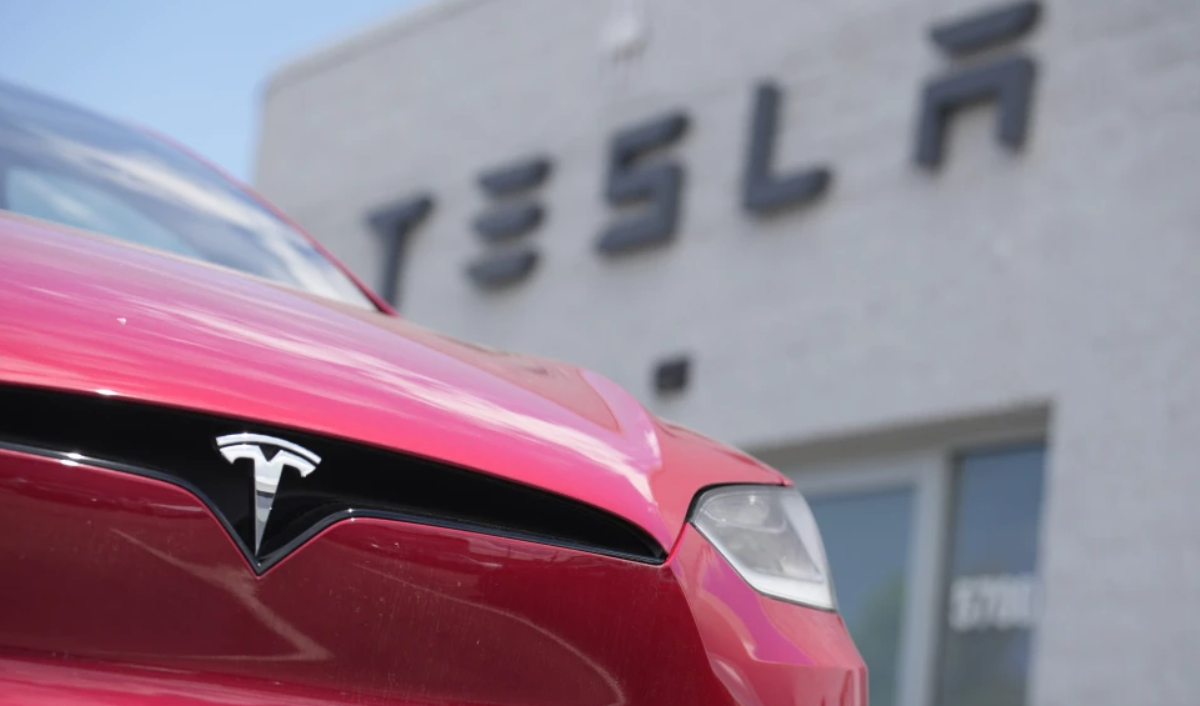Tesla’s sales across Europe dropped sharply by nearly half in April, even as the overall electric vehicle market in the region showed significant growth, according to recent data from the European Automobile Manufacturers’ Association (ACEA).
Tesla sold just 7,261 vehicles in 32 European countries last month, marking a 49% decline compared to 14,228 vehicles sold in April of the previous year. In contrast, sales of battery-electric vehicles from all manufacturers increased by around 28%, while gasoline and diesel car sales declined.
This decline in Tesla sales confirms earlier reports from countries like Sweden, the Netherlands, and Denmark, which had also indicated a steep drop. The brand’s struggles are attributed to multiple factors, including backlash against CEO Elon Musk’s controversial far-right political statements, an aging vehicle lineup, and growing competition from rival electric vehicle makers—especially those from China.
Trade tensions between the U.S. and Europe have further affected American brands like Tesla. U.S. President Donald Trump’s trade war, which involved threats of a 50% tariff on European goods, has made European consumers more cautious about buying American cars. Although the tariff implementation was delayed until July, the uncertainty has had a negative impact.
Meanwhile, Chinese automaker SAIC, which owns brands including the UK-based MG known for affordable electric vehicles, saw its sales jump 54% in April, signaling growing competition for Tesla in the market.
Tesla also faced supply challenges earlier this year due to factory shutdowns while upgrading its popular Model Y SUV, further limiting availability.
For the first four months of 2025, Tesla’s European sales fell by roughly 39% to 61,320 vehicles, while the overall European car market remained relatively stable. In April alone, car sales across the European Union increased slightly by 1.3%, reflecting signs of recovery amid a challenging global economic environment.














